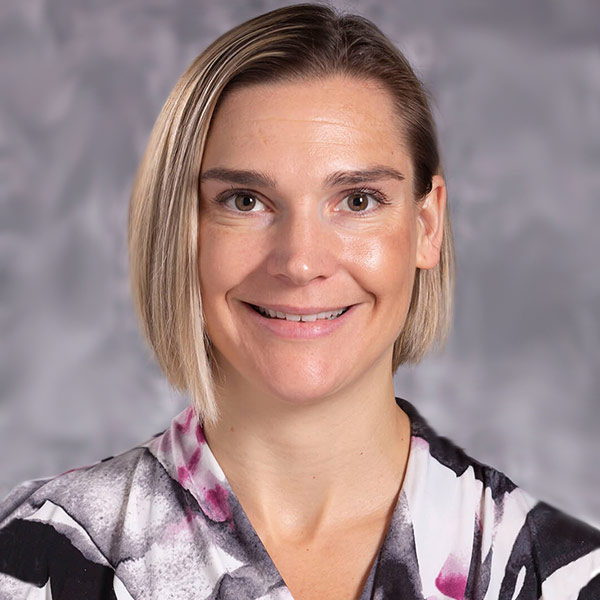Why I Chose Critical Care Cardiology: Gail Jones, MD, MPH

From the moment I entered medical school, I thought I was going to be an anesthesiologist. My father is a cardiothoracic anesthesiologist and has been practicing for more than 40 years. He has had a long, successful career and loves his job, so I wanted to be like him.
However, by the end of the first week of my internal medicine rotation in medical school, I knew that internal medicine was where I belonged. Soon after I made the decision to pursue internal medicine, my father (a bit of a closet cardiologist) made the comment that I should consider cardiology as a career. I took his comment to heart and never looked back.
Despite my passion for this specialty, my niche within cardiology was not clear when I entered fellowship. I loved many areas of cardiology, but no particular area seemed just right for me. One day while talking to my fellowship director, I reflected upon my love of critical care and the ICU while in residency.
The ICU has always been the venue where I felt the most engaged and challenged. It is a place defined by real-time physiology and pharmacology, short feedback loops, and high risk-high reward decisions. In the ICU, there is an opportunity to make the sickest of patients better and transition them from aggressive care to focus on comfort.
However, at the start of fellowship, I had never heard of critical care cardiology, which developed from the fact that patients in the cardiac critical care unit have become increasingly complex with significant comorbidities often presenting with mixed shock, respiratory failure, renal failure and need for mechanical circulatory support.
Fortunately, my institution had a critical care medicine program and a cardiologist who was also boarded in critical care medicine to serve as a model for this developing subspecialty within cardiology. I have full support from both the cardiology and critical care medicine programs and I look forward to the challenge of learning how to best manage these complicated patients.
While in cardiology fellowship, I married my longtime (long-distance) boyfriend and had my first child. Learning to balance being a wife, mother and trainee has been challenging but also incredibly rewarding.
It has taken constant adjustments, flexibility, a dedicated and supportive husband (who also works full-time), and continuous introspection about what is important and what to let go. Despite the challenges, I strongly believe that being passionate about what you do (not necessarily the hours you work) is what makes balance possible.
For young women out there considering cardiology, go for it! Cardiology is such a beautiful combination of physiology, pharmacology and anatomy. We are on the front lines of patient care and have evidence-based interventions that make people feel better and live longer. What is there not to love about cardiology?

This article was authored by Gail Jones, MD, MPH, fellow in critical care medicine at the Oregon Health and Science University in Portland, OR.
This article is part of the ACC WIC Section's #ChooseCardiology series, where women in residency, fellowship and early career are encouraged to share why they would choose cardiology again.